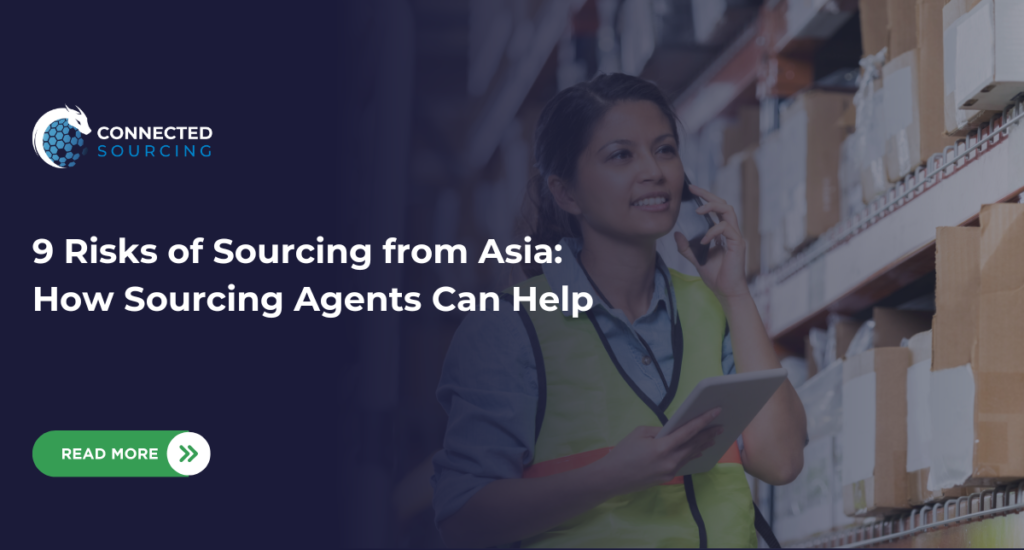
Countries in Asia are becoming increasingly attractive for private labeling businesses, offering them a great opportunity to source products at competitive prices. With their growing economies and low labor costs, sourcing from Asia is quickly becoming the go-to for some corporations around the world as they recognize their emergence as a key player in global trade.
As much as many Asian countries offer a variety of products with great prices, overseas sourcing in general comes with its risks. However, with careful planning and research into the supply chain procurement process, these risks can be mitigated and avoided.
So what are certain issues in overseas sourcing you should be aware of? Here are the 9 risks you should watch out for when importing products from Asia and how sourcing agent services like Connected Sourcing can help you.
1. Miscommunication Issues
Dealing with language barriers is one of the biggest risks associated with overseas sourcing. Even if you have a staff dedicated to communicating with possible suppliers, misunderstanding can still occur due to cultural differences or imperfect translation services.
For example, if your product sourcing in China, there are many dialects they speak aside from Mandarin and Cantonese that can pose a challenge when you need to discuss prices, products, and other procurement processes.
To save time and effort, many companies are choosing to hire a local sourcing agent to streamline the product sourcing process. This service can be hugely beneficial, as it provides businesses with a reliable middleman to their supplier, ensuring clear and effective communication.
2. Inability to Perform Due Diligence
Performing due diligence in procurement can be a challenge when sourcing from Asia, especially if your business is located in the U.S. and Europe. Mitigating possible risks with a potential supplier requires visiting the manufacturing site which can be expensive and time-consuming due to the significant distance.
To reduce the burden, businesses should consider leveraging technology to supplement on-site visits, such as virtual tours and remote audits. Moreover, having the right sourcing agent will also help you to ensure that a thorough due diligence process is conducted, while also saving time and money.
3. Mismatch with Quality Expectations
There’s nothing more heartbreaking than receiving the final products that don’t match the quality of your golden samples. Unfortunately, this happens quite often and there are a couple of reasons why this might happen such as:
- A factory might purchase an item from another supplier and pass it off as their own.
- Suppliers might introduce cheaper raw materials over time which degrade the quality of your production, also known as “quality fade”.
- The differences in culture and work ethics can result in various discrepancies in the way products are manufactured or handled, such as prioritizing production speed over quality.
- The language barrier can lead to errors and misunderstandings in production, as suppliers may not understand your instructions and specifications.
In such cases, it’s important to ensure that the correct processes in monitoring and inspection during production are in place to ensure that the desired quality standards are met.
4. Production Delays
In some factories, when they receive larger orders or orders with similar quantities at a higher price, they may prioritise those orders first, pushing your order to the back of the queue and risking not meeting their production commitments.
Having a sourcing agent on the team is an invaluable asset. They can be physically present to ensure that deadlines are met, which is especially important given the distance between your business and the supplier. Without someone on the ground to monitor the process, orders may be deprioritised and production delays could occur.
5. Fraudulent Transactions
Trust and reliability are very crucial when making deals with suppliers. Whether you’re sourcing online or directly from factories, fraudulent transactions are rampant. These deceptive practices may include:
- Providing counterfeit products or inaccurate invoices
- Stealing information or money from customers
- Running away with deposits
- False billing and embezzlement
By taking necessary risk management steps to protect yourself financially when dealing with suppliers in Asia, companies can implement secure payment methods and use only verified third-party payment providers when making transactions overseas. Additionally, all contracts should be clearly written, legally binding, and thoroughly reviewed to ensure safe transactions and prevent any future disputes about payments and services.
6. Hidden Costs or Fees
Despite being a cost-effective way to source, global sourcing can have several hidden costs that can add up quickly if not accounted for properly. This happens often, once the customer has paid the deposit, the supplier announces the prices of raw materials or labour costs have increased and therefore your order is now much more expensive.
Sudden fees and charges that weren’t mentioned during the negotiation stage can include shipping and handling charges, product liability insurance, and customs duties and taxes. Depending on your country’s laws, you may also need to pay tariffs or import duties when procuring goods from Asia.
Working with an Asia sourcing agent company can help in conducting comprehensive research and assessments to identify any potential hidden fees or costs that may arise throughout the process. This way, any issues can be discussed and negotiated before signing a contract, ensuring a satisfactory outcome for all parties involved.
7. Quality Requirements and Standards
Sometimes, supplier certifications are not legitimate. Dangerous goods are not actually tested and ISO or BSI certifications are actually photoshopped. This can be truly a hassle as you won’t be able to verify your goods at customs, and thus inbound them into your country.
Take extra care when selecting suppliers to ensure that you’re getting genuine products that meet all the required standards in your country. You can research online to verify if any standards or regulations are met by the particular supplier before entering an agreement with them.
8. Documentation Issues and Delivery Delays
Suppliers that fail to prepare documentation adequately are definitely red flags and cause the customs to hold your product. It’s important to ensure that products are being imported on properly declared customs and shipping documents, or else, risk your orders getting delayed during shipping.
If you want to avoid unnecessary delays and a more streamlined process, have a sourcing agent settle all necessary documentation for you – from invoices and bill lading to declaration documents.
9. Regulatory Compliance and Labour Standards
Lastly, be wary of factories that are operating with floor conditions that are not compliant with international labour laws. Some may falsely present themselves as ISO factories but are in fact operating under poor conditions.
Cultural differences can play a role in this, as many Asian countries rely on manual labour, and their working conditions may not meet global standards. It is therefore essential to be vigilant and to have an agent on the ground for inspections.
Source From Asia With More Ease
Whether you’re a small business or a large enterprise, having a sourcing specialist to help you build strong relationships with Asian suppliers can save you time and money. These experts can provide their expertise in local laws, regulations, customs, and industry trends to ensure your company sources in the most efficient and cost-effective way.
Their knowledge of the region can also minimize risk and ensure compliance with local regulations – making their services an attractive option for businesses looking to go global!


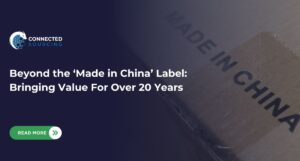

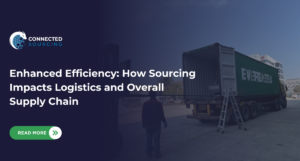
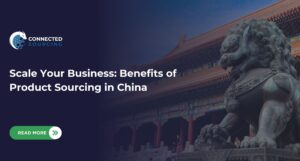

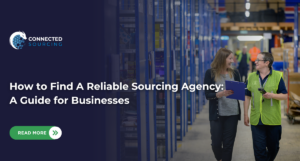
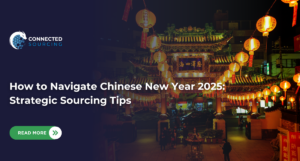

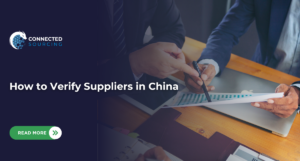



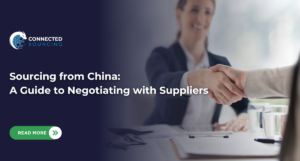




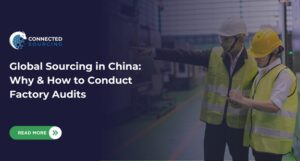
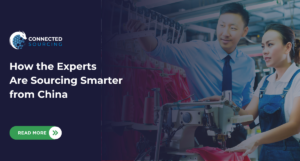

2 Responses
Lorem ipsum dolor sit amet, consectetur adipiscing elit. Ut at venenatis turpis. Quisque ante lacus, pharetra at pulvinar sed, suscipit ut tellus. Sed tincidunt, augue non convallis malesuada, lorem diam pulvinar enim, vitae iaculis nunc elit a quam. Duis feugiat egestas enim sit amet finibus. Nulla vitae egestas lacus. Morbi ut dui nec tortor consequat tristique. In condimentum, purus commodo commodo fermentum, nisl magna venenatis urna, vitae scelerisque ex quam quis tellus. Vestibulum rutrum efficitur molestie. Vivamus id imperdiet metus.
Praesent blandit, ex in aliquam scelerisque,